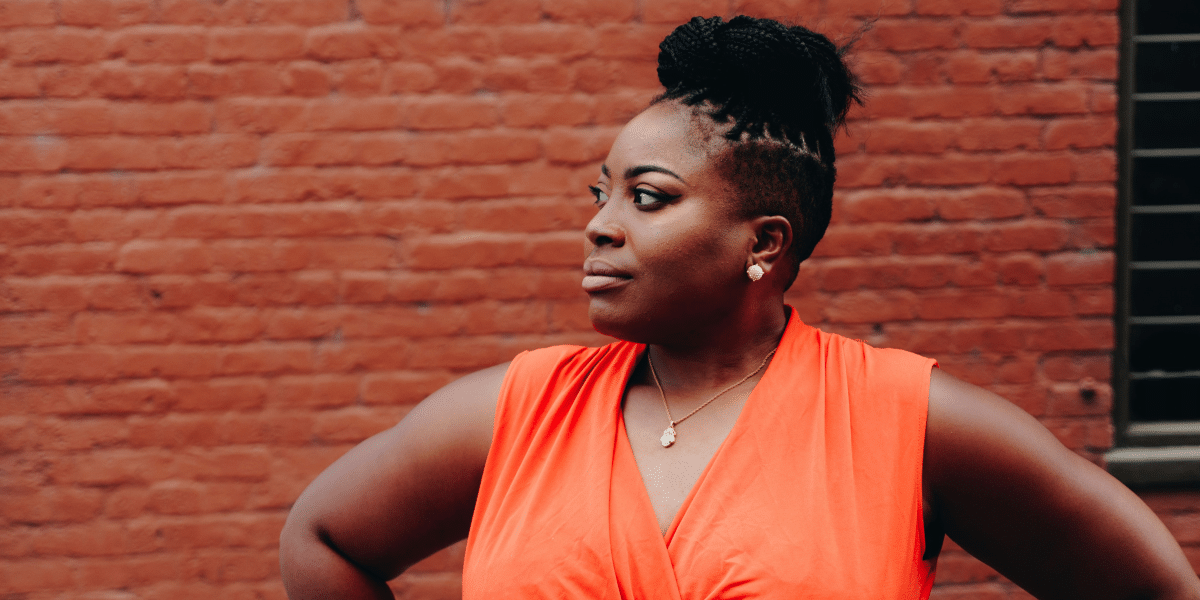The Afro hairstyle is an enduring symbol of pride, identity, and resilience for Black women worldwide. From its roots in the civil rights movement of the 1960s to its ongoing influence today, the Afro embodies a celebration of natural beauty, cultural heritage, and a defiant rejection of societal norms that have long marginalized Black hair. This exploration delves into the history, cultural significance, and transformative power of the Afro for Black women.
A History Rooted in Resistance and Pride
The Afro gained widespread prominence during the 1960s and 1970s as a powerful symbol of Black pride, resistance, and empowerment, particularly within the United States. This was a time of immense social and political upheaval, as the civil rights movement sought to dismantle systemic racism and achieve equality for Black Americans. Against this backdrop, the Afro emerged as a bold statement of self-identity and defiance. Black men and women began to reject chemical straighteners and Eurocentric beauty ideals, instead choosing to embrace their natural hair texture. Wearing their hair in voluminous, rounded shapes became a form of resistance, celebrating their heritage and challenging societal norms that sought to devalue Black beauty.
Figures like Angela Davis, whose iconic Afro became synonymous with the Black Power movement, amplified the hairstyle’s impact, transforming it into a symbol of strength, solidarity, and pride. The Afro was more than a fashion statement; it was a rallying cry for justice, equality, and the right to be unapologetically oneself.
Cultural and Political Significance
The Afro carries profound cultural and political significance, particularly for Black women. For centuries, Eurocentric beauty standards promoted straight hair and lighter skin as ideals, often pressuring Black women to suppress their natural features. This societal bias reinforced racial hierarchies and marginalized Black identity, leading many to feel the need to conform to unrealistic standards of beauty.
Black women reclaim their natural beauty and assert their right to self-expression by wearing an Afro. The hairstyle connects them to their African roots, serving as a celebration of their cultural heritage and a rejection of oppressive norms. It signifies a powerful self-acceptance and self-love, clearly stating that Black is beautiful and natural hair is beautiful.
Empowerment Through Self-Expression
For many Black women, wearing an Afro is more than a stylistic choice—it is a profoundly personal journey of empowerment and self-expression. Embracing their natural hair often means confronting years of internalized biases and societal pressure. Choosing to wear an Afro signifies a commitment to authenticity and a refusal to conform to narrow definitions of beauty. The Afro becomes a visible manifestation of confidence, resilience, and defiance against stereotypes.
By wearing their hair naturally, Black women challenge outdated norms and redefine beauty on their terms. This self-expression inspires others to do the same, creating a ripple effect of empowerment and solidarity within the community.
Challenging Stereotypes and Redefining Norms
Black hair, including the Afro, has historically been stigmatized in mainstream culture, labeled as “unprofessional,” “unruly,” or “unkempt.” These harmful stereotypes have led to discrimination in schools, workplaces, and other public spaces. The Afro directly challenges these biases, redefining what is considered beautiful, professional, and acceptable.
By proudly wearing their natural hair, Black women break barriers and open doors for greater inclusivity and understanding. They assert their right to be themselves without judgment, paving the way for future generations to experience greater acceptance and freedom of self-expression.
Celebrating the Diversity of Black Hair
One of the most remarkable aspects of the Afro is its celebration of diversity within Black hair. No two Afros are identical; each one reflects its wearer’s unique texture, shape, and personality. The Afro embodies the rich spectrum of Black hair, from tight coils to loose curls, from cropped cuts to expansive crowns.
This diversity is a testament to the beauty and resilience of Black women who continue to embrace their natural hair despite societal pressures. Celebrating their individuality inspires others to embrace what makes them unique, fostering a culture of acceptance and self-love.
Overcoming Discrimination and Advancing Equality
Despite the empowering symbolism of the Afro, wearing it can still lead to discrimination. Many Black women have faced biases and prejudice simply for embracing their natural hair in educational and professional settings. This discrimination underscores the ongoing struggle for equality and cultural acceptance.
Movements advocating for hair rights, such as the CROWN Act (Creating a Respectful and Open World for Natural Hair), seek to protect individuals from hair-based discrimination. These efforts highlight the importance of cultural pride and equal treatment, striving to create a world where everyone can express themselves freely without fear of judgment or reprisal.
The Afro in Popular Culture
The Afro’s influence extends beyond the political and cultural spheres, shaping fashion, music, film, and art. Prominent figures like Angela Davis, Pam Grier, Solange Knowles, and Lupita Nyong’o have popularized the Afro, symbolizing strength and beauty in popular culture. In the music world, the Afro has been closely associated with genres like funk, soul, and hip-hop, with artists like Jimi Hendrix, Diana Ross, and Erykah Badu proudly wearing their Afros on stage.
Through media representation, the Afro continues to inspire and empower new generations. It reinforces the message that natural hair is beautiful, powerful, and worthy of celebration.
Reclaiming Identity and Celebrating Beauty
Today, the Afro remains a beacon of empowerment, resilience, and cultural pride for Black women. By embracing their natural hair, they challenge oppressive norms, reclaim their identities, and celebrate their beauty. The Afro is a testament to self-expression, inspiring others to walk confidently in their natural beauty. As society progresses toward greater inclusivity and equality, the Afro’s influence continues to shape conversations about identity, pride, and the power of self-love. This celebration encourages Black women to stand tall, proud, and unapologetically themselves.
Published by: Nelly Chavez








